Many women have to face difficulties on their career path – the words “maternity leave” and “child care sick leave” scare employers to the point of trembling. Women themselves also don’t like to receive 63% from the salary of Vasya sitting at the next table under the pretext that “he still has a family to feed”, and then run into a “glass ceiling” when trying to get a promotion.
Knowing all these problems firsthand, the Russian Forbes Women has compiled a rating of companies where women can work and move up the career ladder without any obstacles.
How the study of the best companies for women's careers was conducted
Using the Yandex Wordstat service, vacancies in companies from the top RBC-500 were studied, from which 150 companies with the largest number of requests were selected. Forbes also conducted a survey on its website, in which any company with a staff of over 250 people could participate.
Each company was checked on five parameters, which in turn were divided into criteria (18 in total). Here is what Forbes experts assessed:
- gender composition of the company (including the upper echelons);
- whether men and women performing the same job duties are paid equal wages, and whether the company conducts audits for equal employment;
- how easy it is for women to get promoted (e.g. the ratio of men to women in a company who were promoted in the previous year);
- are there any special corporate programs that ensure gender equality (for example, a department that monitors the gender and national composition of the company's employees, as well as corporate and charitable programs that take into account women's specifics);
- special merits in the field of education and bringing equality to the masses (even public statements by company leaders on the “women’s issue” are taken into account).
And based on the sum of the points received, the companies were placed on a rating ladder. However, no, not even the most cunning systems of machine calculation will replace a qualified expert. Therefore, along the way, the Russian Forbes invited two experts who blindly, without knowing the names of the companies, assessed their gender programs.
10. GC FSK
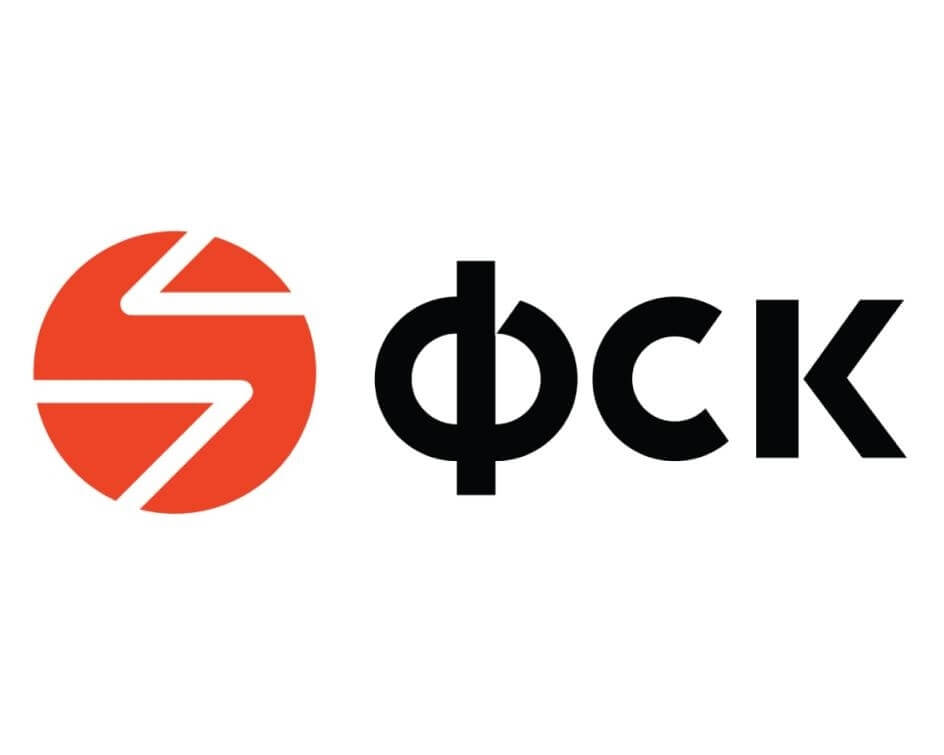
Points: 70.86
The very first in the top 10 best places to work for women is a company whose sphere is far from traditionally female. This is a construction association, which over 16 years of existence has built up an impressive area - more than 10 million m2. Basically, FSK Group builds houses in Moscow and the region, St. Petersburg and the region, as well as in the Kaluga Region and Krasnodar Territory.
The construction company made it into the rating thanks to its corporate programs aimed at helping women combine family and career and developing leadership skills. In addition to spiritual food, the company's management willingly gives out material food - for child care, workers are provided with an additional amount in addition to that stipulated by labor legislation.
9. Mars
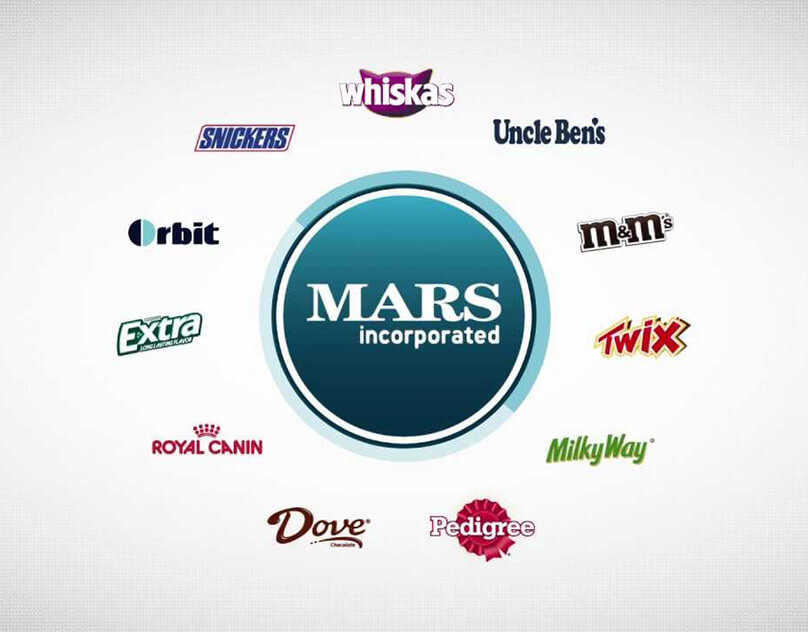
Points: 72.3
In the Russian expanses, this American company is primarily known for its namesake bar. It has been established in Russia for a long time – since the beginning of perestroika, and since then it has repeatedly broken records related to categories that are still unfamiliar to Russians.
For example, in 2021, Mars was recognized as the greenest company in the Forbes rating. In addition to ecology, Mars' management also cares about gender equality: the company has many programs designed to help women work and move up the career ladder. This policy has yielded results - among the company's top managers, every second is already a representative of the fair sex. Even on the board of directors, almost half are women.
8. Deloitte

Points: 74.6
Compared to Mars and FSK Group, Deloitte does not employ many people – about 3,800 people, including offices located in neighboring former Soviet republics.
The company is engaged in consulting and auditing and pays special attention to combining the career and motherhood of its employees. Special programs have been created that not only help women on maternity leave, but also encourage and support them in their professional development.
7. Adidas
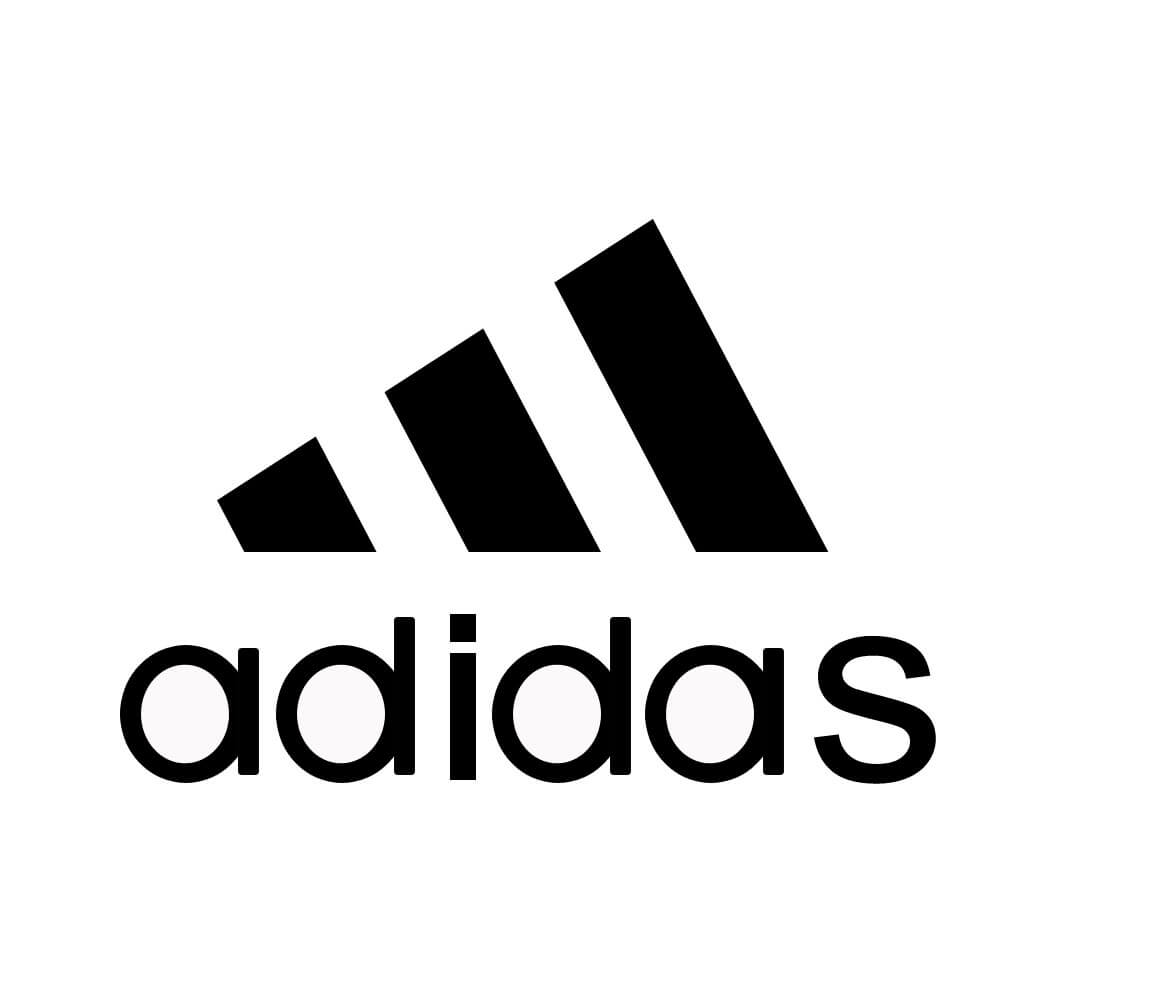
Points: 74.8
Three stripes have long since acquired cult status in our country. Now Adidas is just a little short of the title of leader in the production of sports wearables and can boast an impressive annual turnover of 22.6 billion dollars. In our country, more than 7 thousand people work for the "striped ones", half of whom are women.
The company is concerned not only with the issue of combining work and children, but also with how to help women adapt more quickly to the workplace after maternity leave – special programs have been created for this purpose. Adidas also develops women's sports: it supports a women's football team, sponsors a women's football school (the first in Russia) and a football academy for girls.
6. Sberbank

Points: 75.1
This is one of the largest job providers in Russia. The total number of people employed at Sberbank reaches 276 thousand people. Moreover, women among them are 68%, and this is not surprising, since the service sector and the lower section of the financial sector (cashiers, tellers, accountants) in our country are traditionally female.
It is no wonder that the company is concerned about the issue of maternity leave and combining motherhood with work. Special conditions have been created for this purpose, thanks to which women can not only adjust their work schedule to their changed needs, but also undergo retraining after returning from maternity leave. Also, if desired, you can work from home - the corresponding work processes have been established.
Sberbank also cares about training management personnel, having established cooperation with the world’s leading business schools on the issue of women’s leadership.
5. Alfa-Bank
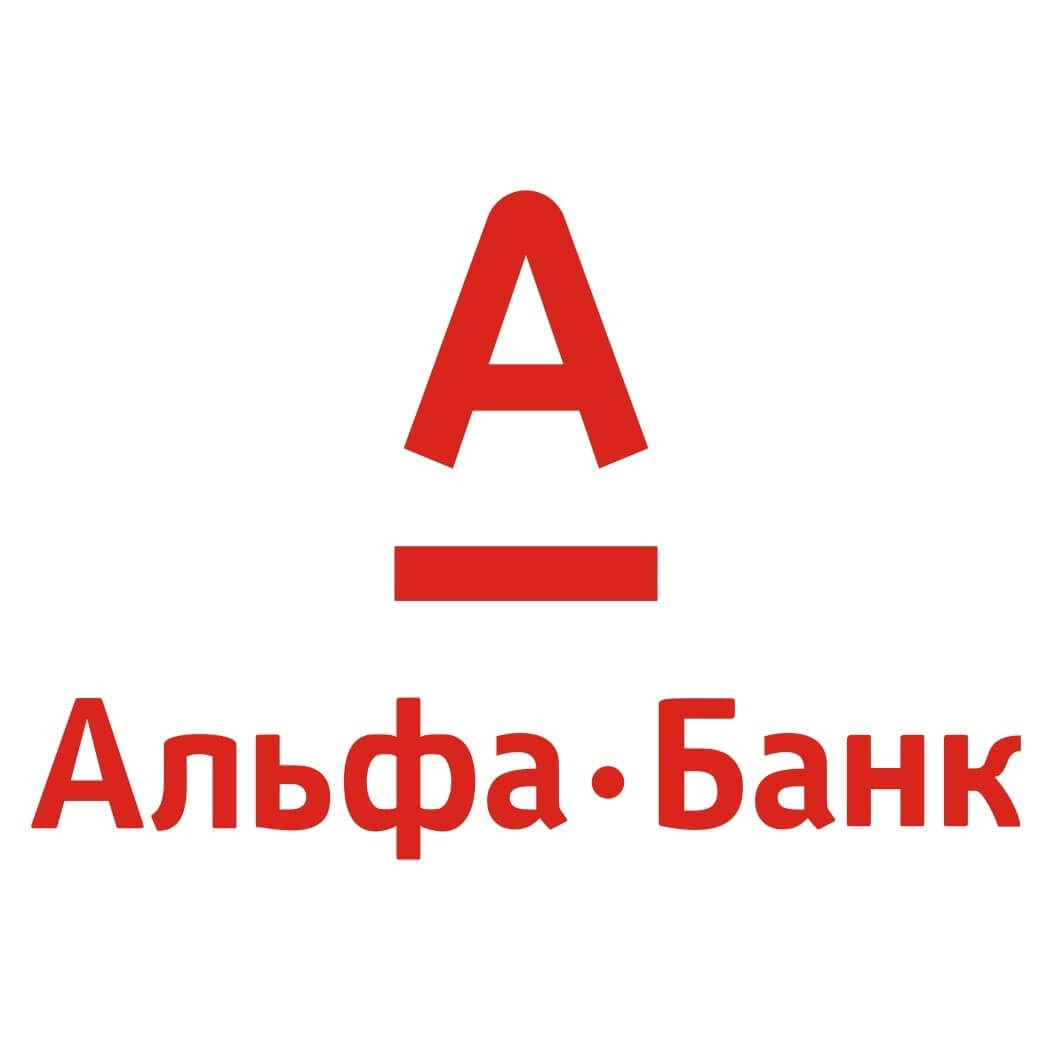
Score: 75.9
Unlike Sberbank, Alfa-Bank can hardly be called "female" in terms of the number of personnel (40%). For female employees, Alfa-Bank has free insurance programs for the entire period of pregnancy and maternity leave (in full, which is not very common).
And a healthy environment in the workplace is ensured by the ability for women to anonymously report problems with colleagues.
4. IKEA
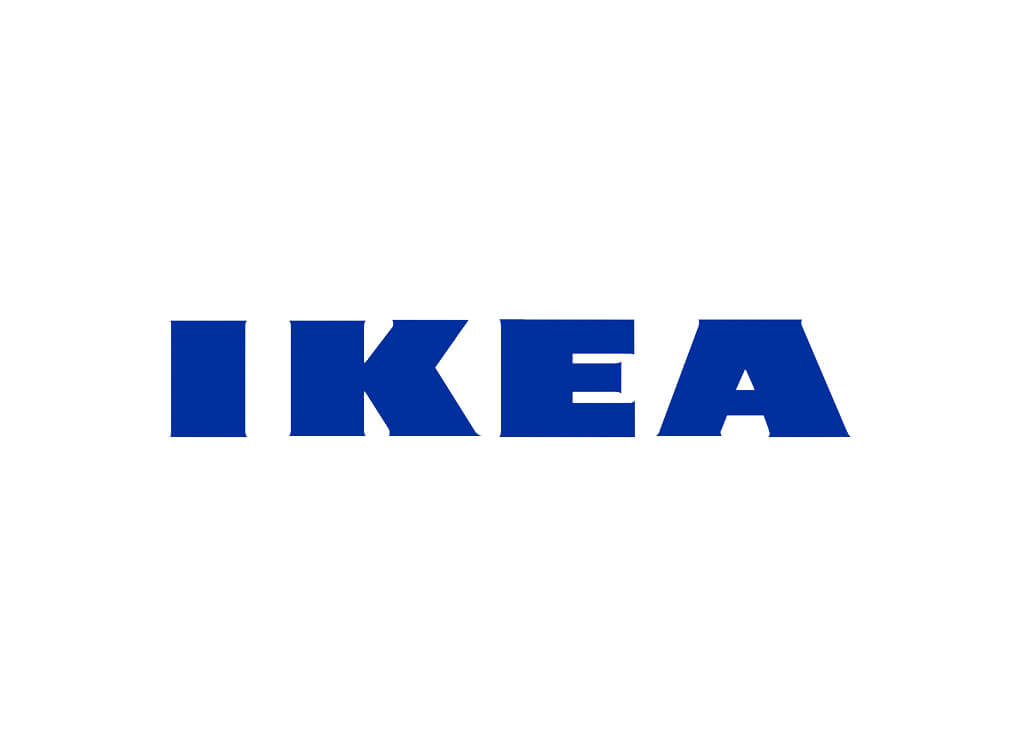
Points: 77.6
The Swedish company, famous for its furniture designs and hard-to-pronounce names, pays a lot of attention to equal pay between employees of both sexes.
One of the IKEA divisions, which operates shopping centres around the world, is a member of the equal pay coalition and plans to achieve full pay equality between men and women doing the same jobs by the end of this year.
IKEA also cares about inclusion – every employee in a managerial position is required to undergo training on this issue. As for special Russian programs, IKEA supports a sewing business that employs women with disabled children, as well as women's social entrepreneurship in the village of Maly Turysh (whose products are sold in IKEA stores).
3. Procter & Gamble
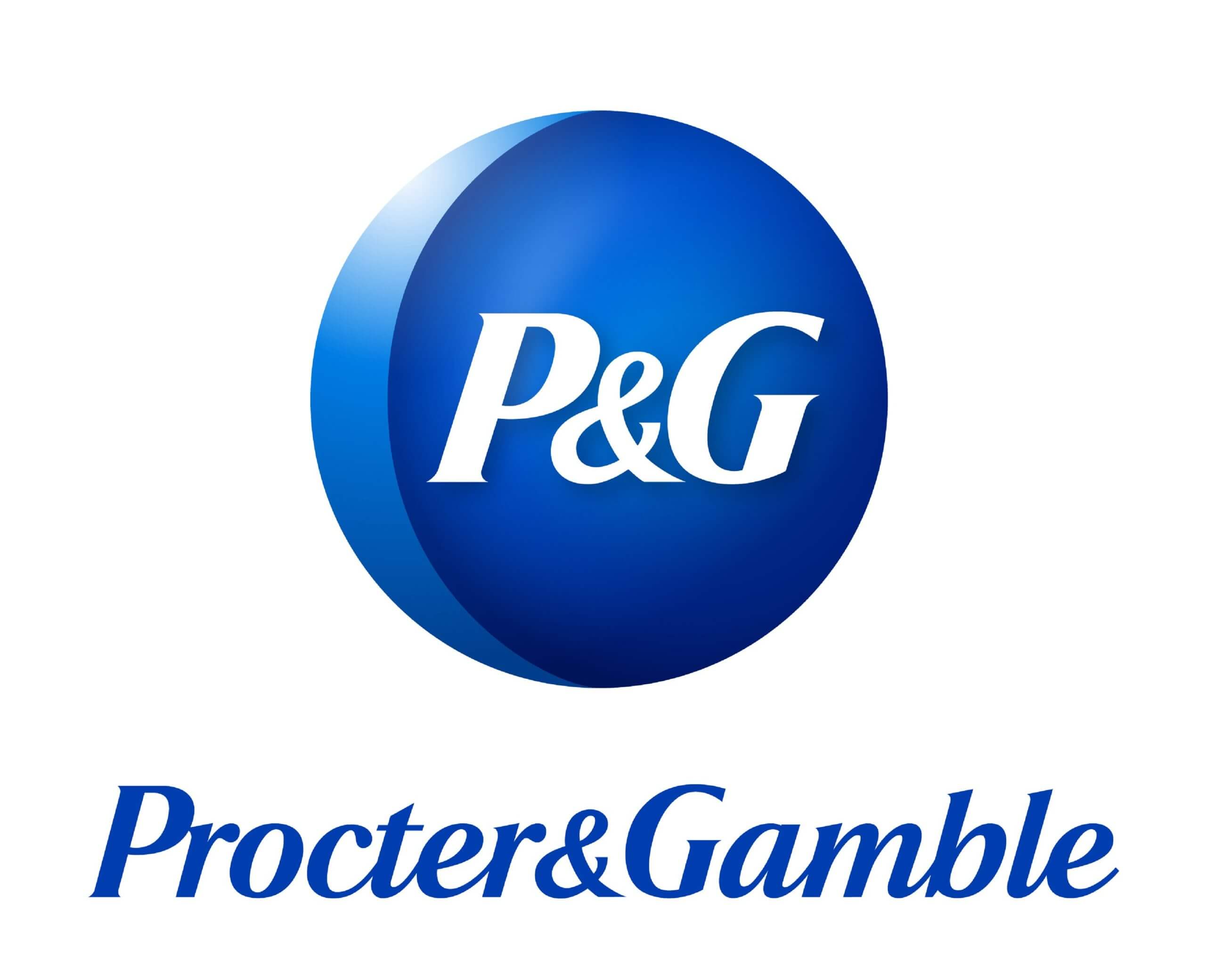
Points: 78.8
The American giant of consumer goods production (our compatriots are familiar with them from the brands Fairy, Gillette, Braun and many others) owns two factories and four offices in Russia.
The company fights gender stereotypes by creating and implementing educational programs. Families with small children or those who are still expecting have the opportunity to adjust their work schedule to their needs. And so that fathers do not feel deprived, they also have their own paternity leave - 8 paid weeks.
2. Tinkoff

Points: 84.3
One of the best Russian companies for a woman's career is not far behind the leader of the rating. Tinkoff was among the chosen ones primarily due to the smallest gap between women's and men's salaries - even despite Oleg Tinkov's controversial statements on the women's issue.
There are also quotas for the number of women in the bank's management. Even the IT sector in the bank (statistically, this is a "male" profession in our country) is filled with women by 39.5%. As for social initiatives, the bank is primarily concerned about the safety of its female employees, so the company sponsored courses in personal self-defense for both bank employees and anyone interested.
1. Danone

Points: 84.8
In our country, Danone has been established since the beginning of perestroika, and over time, it acquired 13 factories in various corners of the country. Ordinary consumers are familiar with the company's products not only from Danone and Danissimo yoghurts, which first appeared on the market in 1992, but also from the newer Prostokvashino, Bio Balance, and so on.
The French food company has long been concerned with gender equality and has achieved impressive success in this area. Anyone can visit the Danone website and estimate how many women are in the management team – this information is completely open. Currently, every third of top managers and directors is a woman. By 2025, Danone hopes to increase this number to half.
But the French pay attention not only to women's career growth. Every year, the company monitors the salaries of its employees and checks whether a woman doing the same job is paid less. And if so, the salary is reviewed. Danone also monitors the work environment - whether an unhealthy environment and stereotypes interfere with the production process - and also conducts career courses for women.
The word "children" does not frighten French employers. Moreover, during the height of the pandemic, the company adopted a special set of measures to support women who had to stay at home with their children. Last summer, the company even organized a camp for employees' children to keep them busy and entertained while their parents were busy working.




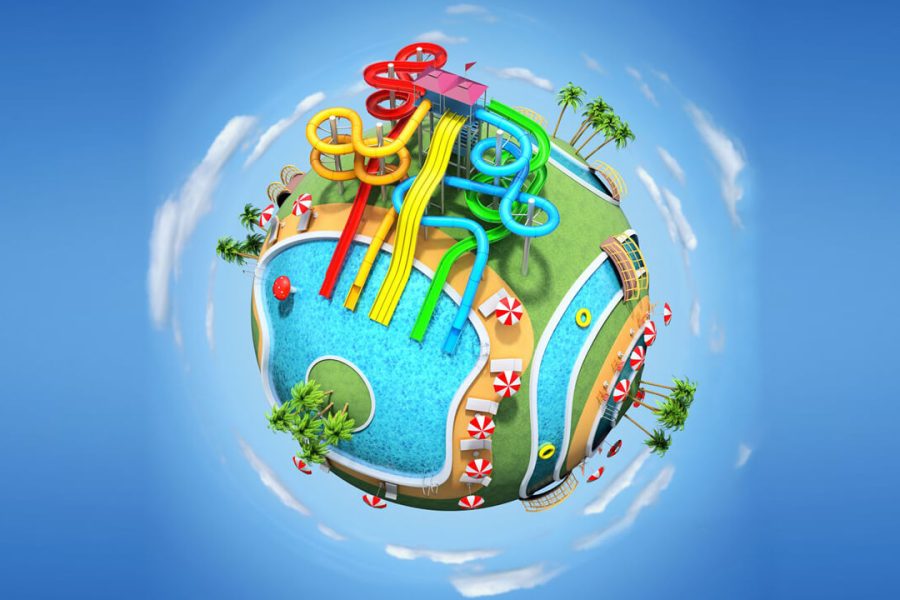









Оставить Комментарий